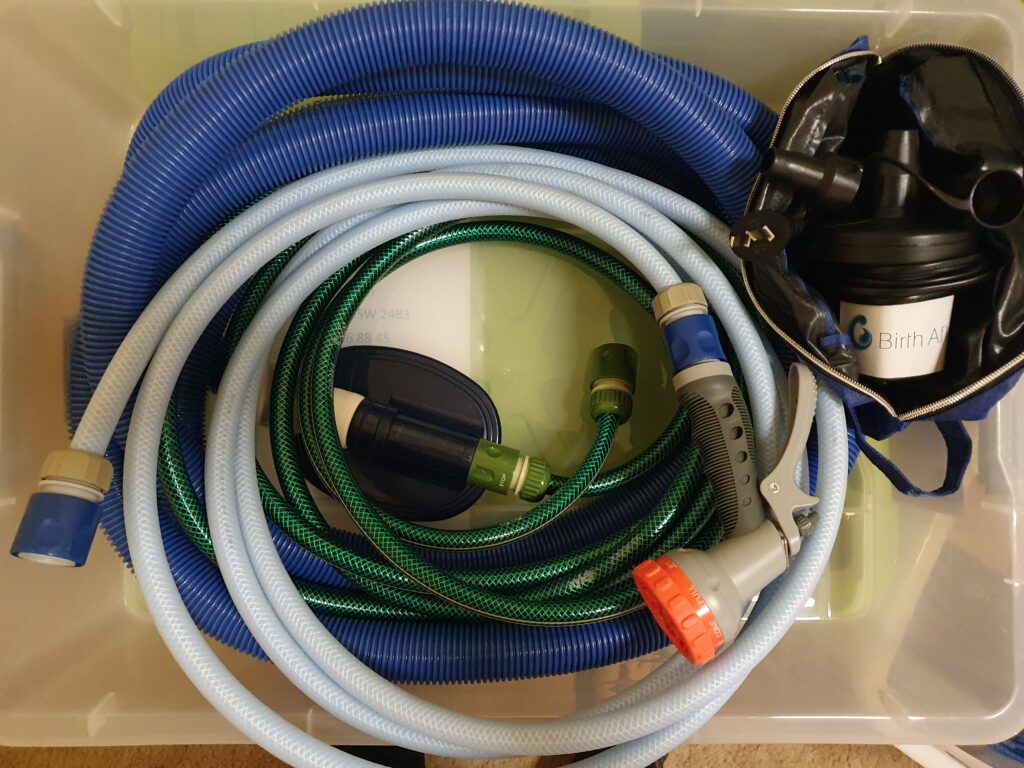- Ships worldwide
- +61 (0)429 668 845
- [email protected]
Hiring a Private Midwife
So you’ve decided to have a homebirth with a private midwife – congratulations!
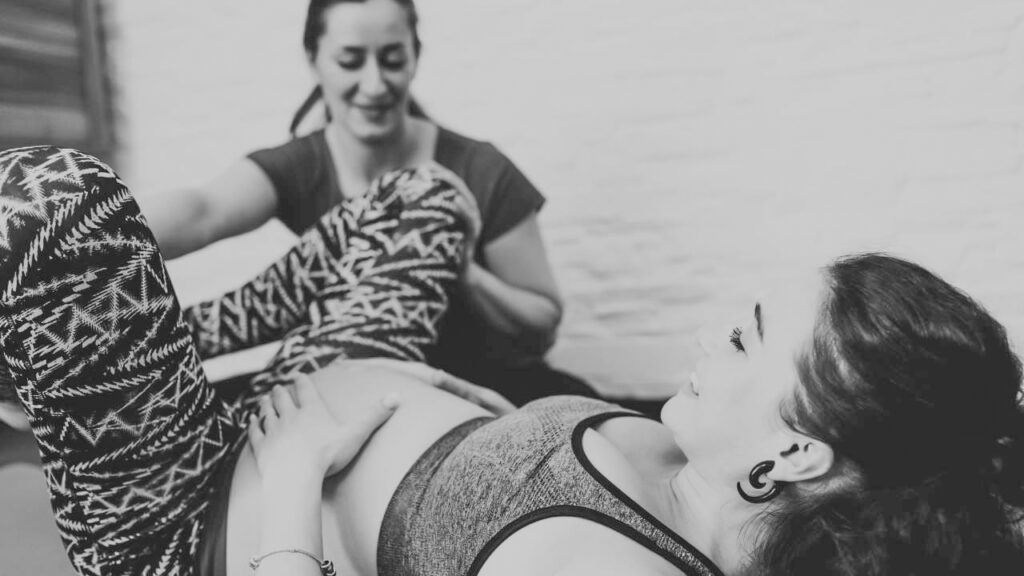
This is a common option for homebirth in Australia, as there are limited publicly funded homebirth programs and not everyone wants to choose an unassisted homebirth.
Now that you know what you want, what’s next?
How and When to Find a Private Midwife
Depending on where you live, you’ll want to start researching your options as soon as you know you’re pregnant! Yes, it sounds ridiculously early, but many private midwives book out quickly – especially in areas that are only serviced by a few.
Don’t know where to find a private midwife in your area? You can start in our directory here
Birth Afloat’s Midwives Directory, where we try to keep it as up-to-date as possible.
Google searching could yield some answers, or try asking any doulas or birth workers in your area. You can also ask in homebirth Facebook groups or get in touch with your state’s homebirth advocacy group. Homebirth New South Wales, for example, has a midwives directory of private homebirth midwives in the state, as does Homebirth Australia
We recommend making contact with a few private midwives that you feel drawn to, and if possible scheduling a phone call or even face-to-face meeting. It’s really important that you feel comfortable and supported by the midwife you choose, and there are some things you can best gauge through talking and meeting. You may even have a list of questions to ask depending on your values and birth preferences to better get to know a private midwife’s approach to pregnancy care and birth.
What to Expect when hiring a Private Midwife
You’ll want to clearly read and ask what your private midwifery care includes. Private midwives can prescribe medicine and order diagnostics like bloodwork, and they are able to bring an extensive range of supporting medical equipment to births.
Generally, care includes prenatal and postnatal appointments as well, and these appointments usually take place at your home (or at the office of the private midwife, if they have one). It’s likely that your midwife will have a second midwife who will attend the birth with them. You can read more about private midwives on the Homebirth Australia website.
Midwives may include different things in their packages. Many midwives will include birth pool hire, including the setting up and cleaning of the pool. Others may include books as gifts or to borrow as part of their care.
Private Midwives, Natural Birth, and Water Birth
Private midwives have completed training in hospitals and have regulatory bodies they report to, but they are not subject to the same policies and procedures as hospitals. Many private midwives strongly believe in supporting women with low-risk pregnancies to birth at home, and they are well equipped to private this support.
There is extensive evidence (which homebirth midwives can surely attest to!) on the safety of homebirth, as well as the positive outcomes for women including fewer interventions and even improved breastfeeding outcomes. There is lots of research on homebirth for example on the Homebirth Australia website.
Waterbirths happen at home all the time! If your private midwife does not private a birth pool, we strongly suggest hiring a purpose-made birth pool so that you have a safe and accessible option for water immersion. We specialize in birth pool hire. You can look at our options here Pools For Hire or give us a call to discuss your individual needs.
Midwifery Group Practice
In a Midwifery Group Practice (MGP), a pregnant woman is assigned a known midwife and back-up midwives who provide care throughout her pregnancy, labour, birth, and postnatal period. This model of care is available at Tweed, Murwillumbah, Byron, and Lismore Hospitals and very soon, on the Sunshine Coast
Midwifery Group Practice is a continuity of care model that provides individualized care to pregnant women. The assigned midwife follows the woman across the interface of community and hospital services, through the antenatal (pregnancy), intra-partum (labor and birth), and early postnatal journey up to 6 weeks after birth. Two midwives are present for the birth, and medical advice and care are available at all times.
There are two services available:
1. Low-risk model of care: available to women who have no health conditions. This service is available at Murwillumbah and Byron Hospitals. These hospitals consult with and refer to The Tweed and Lismore Base Hospitals if a higher level of care for newborns is required. If higher care is required, the woman will transfer out of this model.
2. All-risk model of care: available to women who begin their care with no known health risks and/or have had a previous caesarean birth. If the woman develops health conditions, a higher level of care can be provided. This service is available at Tweed and Lismore Hospitals. To contact the Midwifery Group Practice services in Northern NSW:
Tweed Midwifery Group Practice Ph: (07) 5506 7765
Murwillumbah Midwifery Group Practice Ph: (02) 6672 0108
Byron Midwifery Group Practice Ph: (02) 6639 9580
Lismore Midwifery Group Practice Ph: (02) 6620 7400
OUR PRODUCTS ON SALE
-
Sale!
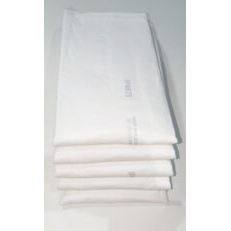
Bed Protection Pads 5 Pack
$15.00 – $30.00Price range: $15.00 through $30.00 Inclusive of 10% GST Select options This product has multiple variants. The options may be chosen on the product page -
Sale!
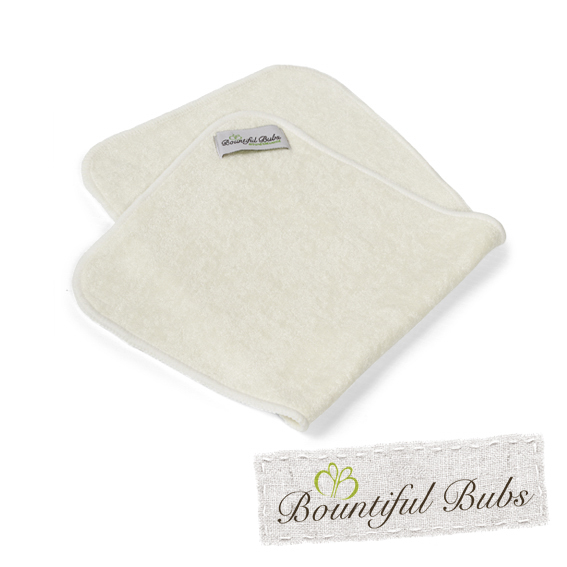
Burp Cloth – Organic Bamboo – Bountiful Bubs
$35.00Original price was: $35.00.$28.00Current price is: $28.00. Inclusive of 10% GST Add to cart -
Sale!
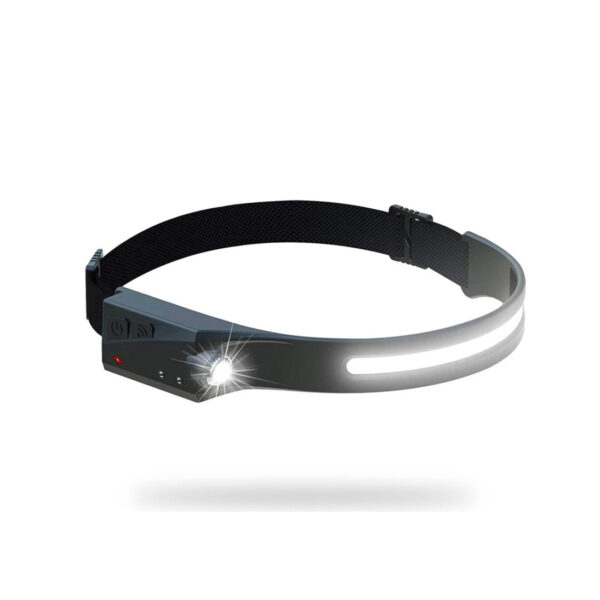
LED Headlamp – GoBeam 230
$60.00Original price was: $60.00.$50.00Current price is: $50.00. Inclusive of 10% GST Add to cart -
Sale!

Reusable Breast Pads, Organic Bamboo – Waterproof
$38.00Original price was: $38.00.$30.00Current price is: $30.00. Inclusive of 10% GST Add to cart

